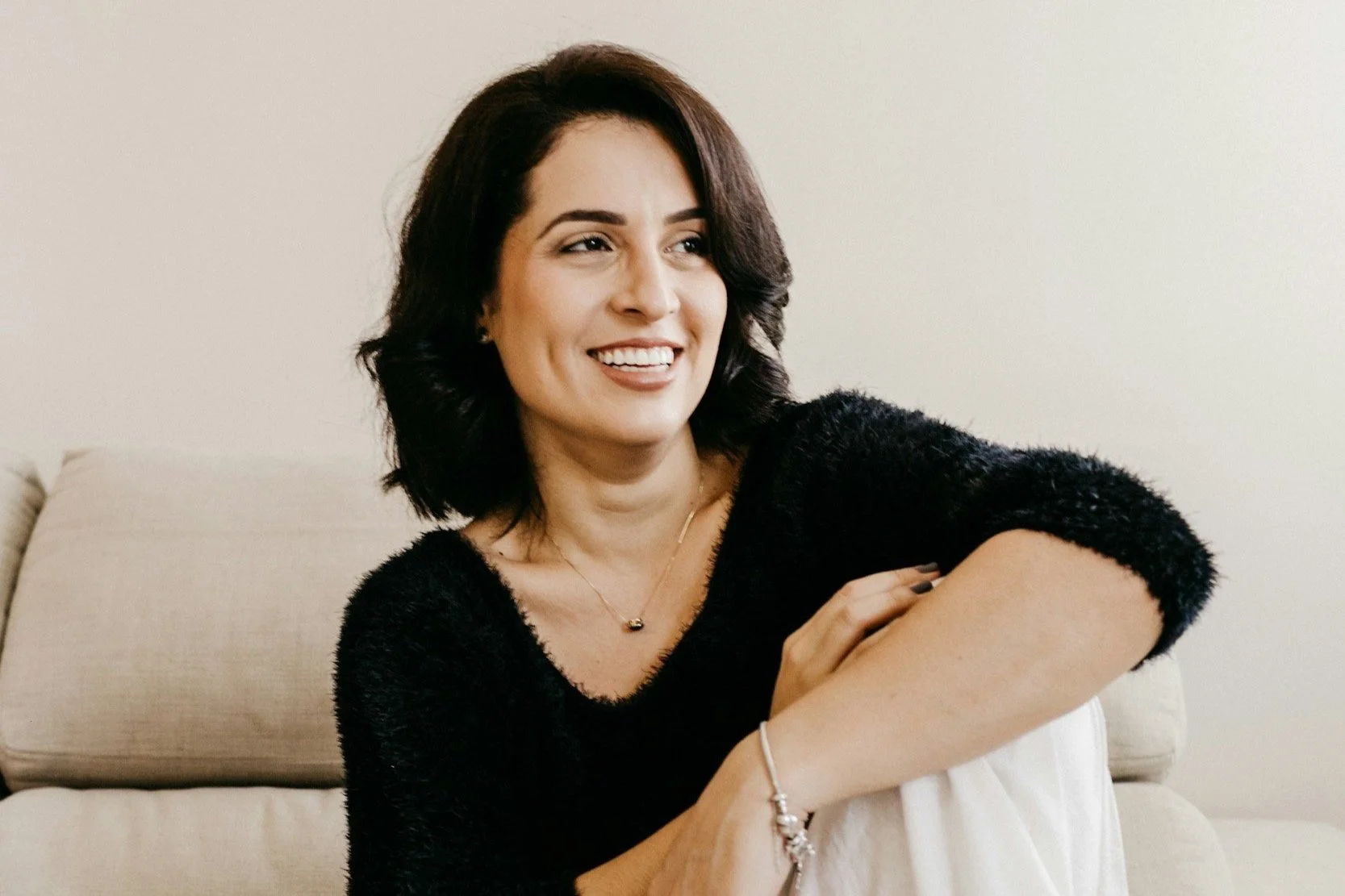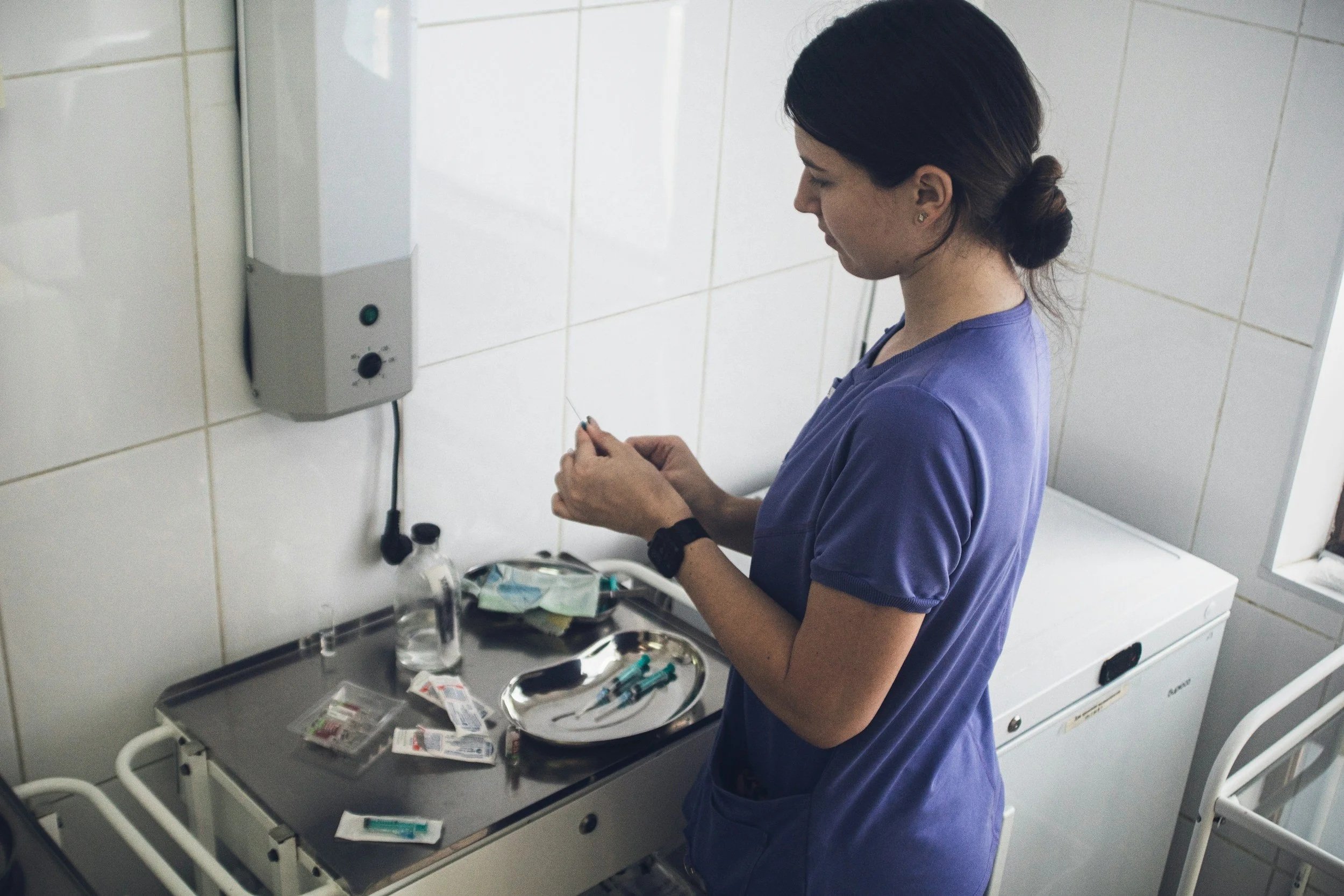As of January 2025, the average cost to freeze your eggs in the USA is $14,364 for one cycle. But it can be thousands less, or thousands more. We researched 500+ US clinics to bring you the most comprehensive review of egg freezing pricing, ever.
All costs in this guide are out-of-pocket cash prices with no insurance coverage. Although most plans don’t include egg freezing coverage, it is important to explore what your insurance may or may not cover.
1. Preparation: $240—$6,444 | average $1,490
Based on Freeze data from US fertility clinics, including an initial and follow up consult, pre-cycle blood tests, and an ultrasound.
To start the process, you will typically meet with a provider at your chosen clinic at least once, get your blood drawn to test your hormone levels, and get an ultrasound of your ovaries - all of these have been added to give the average price, above, of “preparation” before your cycle. All clinics require at least one pre-cycle blood test, but specific requirements vary widely, so it is important to talk to your clinic about what they require. These are typically the only egg freezing-related costs that might be covered by your insurance plan (emphasis on might), unless you are lucky enough to have an employer that covers egg freezing specifically.
Below you will find a breakdown of the most common costs during the preparation portion of your egg freezing cycle:
Pre-cycle consults (both initial and follow up): $0-$3,600 | average $656
If you just want to meet the doctor and see the clinic, an initial consultation ranges from $0 to $1,800, averaging $328 (based on data from 338 U.S. fertility clinics).
Importantly, some fertility clinics roll the cost of an initial consultation into the price of a single egg freezing cycle if you choose to proceed with their clinic.
You may need a follow-up consultation to review lab tests and plan your cycle, which typically costs the same or slightly less than your initial consultation.
You can see initial consultation fees for each clinic on Freeze’s Compare Clinics tool. However, a great way to explore clinics and meet doctors - without paying for it - is to attend a free info session at the clinic. Find one near you on Freeze’s Egg Freezing Events Calendar.
Pre-cycle blood tests: $80-$2,000 | average $524
Out of 33 Freeze-verified clinics with data on pre-cycle lab tests, almost all (91%) of whom did not include these costs within the costs of the egg freezing cycle. Lab test costs ranged from $80-$2,000, with an average cost of $524.
Pre-cycle ultrasound: $160-$844 | average $310
Freeze data on pre-cycle ultrasounds from 58 US clinics shows that just over half (52%) include a transvaginal ultrasound within either the cost of the initial consult, the cost of the pre-cycle labs, or the cost of the egg-freezing cycle. The other 48% of fertility clinics do not include the ultrasound within the cost of the pre-cycle workup or the cycle itself. When not rolled into the cost of the consult or cycle, the cost of an ultrasound ranged from $160-$844 with an average of $310.
Tip: To avoid any surprises, we suggest asking specifically if labs and/or ultrasounds are wrapped into initial consults or cycle fees! Every clinic is different, and some pricing breakdowns are more transparent than others.
2. Cycle: $3,000—$16,500 | average $8,374
Based on Freeze data from 335 US fertility clinics.
A “cycle” of egg freezing is the period of time starting the first day of your hormone medications, and ending with the retrieval of your eggs. In Freeze’s Compare Clinics tool, you’ll find one complete price for the entire cycle, which includes all costs (except medications - more on that below).
If you’re planning to do your own clinic research, you probably won’t get a simple, all-inclusive cycle price from the clinic. Be sure to ask them if the prices they are quoting you include the following: all consultations with clinic staff; all bloodwork during the cycle; all ultrasounds during the cycle; your retrieval procedure and cryopreservation; anesthesia; and facility fees. (Or, rest assured since we’ve asked them these questions for you and compiled it in the Compare Clinics tool 😊)
3. Medications: $3,000—$6,000 | average $4,500
The majority of patients pay between $3,000 and $6,000 per cycle for medication, but some pay less, and some pay more. This excludes patients who undergo minimal stimulation egg freezing, who pay much less.
Your doctor will prescribe several hormone injections for you to give yourself during your egg freezing cycle. Each patient is different, and each clinic’s treatment protocol (i.e. the drugs they will prescribe you) is different, so the cost of these medications varies. However, the most important factor in this price is typically your age. If you are younger, you can likely expect to pay on the lower end of the range as you may need less medication.
Not included in this price (because the cost is usually very low and/or covered by insurance) is the cost of:
birth control pills - which can help you and your doctor plan when your cycle will start
antibiotics (also pills) - which you’ll take to reduce the risk of infection after your retrieval procedure
4. Storage: $200—$1,800 per year | average $697
Based on Freeze data from 321 US fertility clinics.
Most clinics offer 6 months to 24 months of storage free, after which you’ll pay each year to keep your eggs frozen. At that time, many clinics either suggest or require that you move your eggs to a “long-term storage” facility. Even if not required, it’s a good option to consider, given that these facilities are almost always less expensive than a clinics’ onsite storage. Learn more about storing your eggs with our Guide to Storing Your Eggs.
5. Additional Cycles…
Be sure to consider that your costs for egg freezing go up as you get older. This is because you're more likely to need more cycles of egg freezing to get enough good-quality eggs to make a healthy baby. A recent study found that women in their mid 30s would need to freeze 10-20 eggs to have a 75% chance of at least one live birth, while a woman in her early 40s would need around 60 frozen eggs. Women may choose to undergo multiple cycles to have more eggs frozen, depending on their individual retrieval numbers and future goals (i.e. how many children they want). Learn more about how age can influence your egg freezing success.
Some clinics may discount rates if you commit to multiple cycles with them. Make sure to talk to your clinic team so you understand your options!
6. Other Considerations/Coverage for Egg Freezing
As a final note, we want to reiterate that these costs are all for self-pay cash prices (no insurance).
Some costs associated with egg freezing may be covered by your insurance, such as pre-cycle bloodwork, pre-cycle ultrasounds, and/or an initial consult. It’s important to talk to your insurance provider about what may be fully or partially covered ahead of time. If you are freezing your eggs for a medical reason, it is more likely that your insurance plan will cover the process.
Choosing to freeze your eggs is a very personal decision and the cost of the procedure can be a significant barrier in choosing to do so. Check out our Guide to Freezing Your Eggs for Free (or Extremely Discounted) for helpful tips on how to decrease your egg freezing costs.
Freeze would like to thank all of the Freeze-verified clinics who submitted their complete pricing information for the benefit of potential egg freezers. (If you are a fertility clinic, we encourage you to do the same.)




































